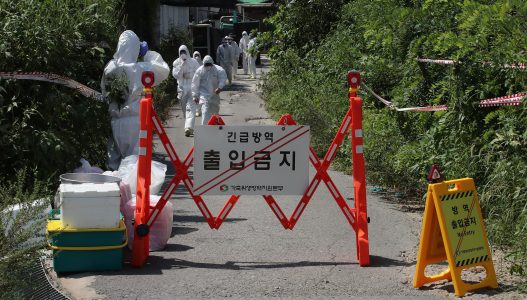Yangju City in Gyeonggi Province announced on September 16 that farms affected by four African Swine Fever (ASF) outbreaks between December 16, 2024 and March 16, 2025 have begun restocking their pig herds. The outbreaks had forced mass culling and months-long restrictions on breeding and movement, severely disrupting local pig production.
Strict biosecurity protocols
Before restocking could take place, affected farms were required to undergo a phased recovery process under strict government oversight. This included multiple rounds of cleaning, washing, and disinfection, along with the upgrading of quarantine and disinfection facilities. Authorities emphasized that these steps were essential to reduce the risk of future ASF recurrences.
Ongoing monitoring and support
Yangju City said it will continue to monitor the restocked farms through regular inspections, covering farm access for vehicles, personnel, and equipment. Disinfection facilities will remain under close management, and pig farmers will be required to attend biosecurity training programs to strengthen disease prevention awareness.
A city official commented, “This restocking marks a new beginning for the affected farms. We ask that farmers strictly adhere to biosecurity guidelines, and the city will continue to provide full support.”
Positive outlook for the local industry
The return of pigs to previously culled farms is expected to provide a significant boost to Yangju’s pig farming industry, which has faced production and income losses due to ASF. The measure is anticipated to stabilize farm operations, rebuild confidence among producers, and normalize pork supply in the region.
Industry stakeholders view Yangju’s cautious restocking program as an important model for ASF recovery, balancing the need to revive farm operations with rigorous biosecurity safeguards. The initiative also reflects South Korea’s broader commitment to strengthening resilience in its pig sector against recurring disease threats.

